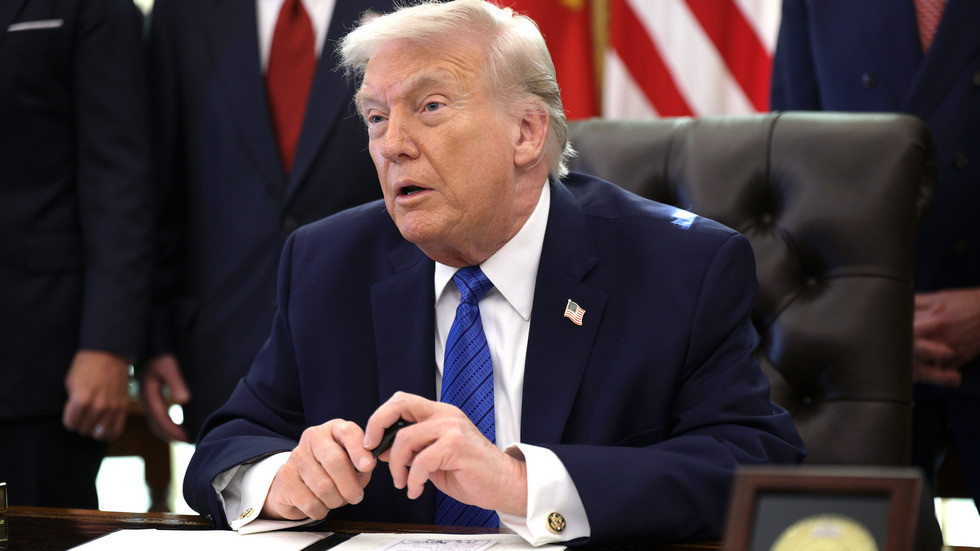Gbadebo Rhodes-Vivour, the Labour Party’s candidate in Lagos State’s 2023 gubernatorial election, has attributed his defeat to widespread violence and voter suppression, alleging these tactics undermined democratic processes. In a statement shared on social media platform X on Monday, Rhodes-Vivour claimed a “culture of violence” marked the race, ultimately favoring incumbent Governor Babajide Sanwo-Olu of the All Progressives Congress (APC).
His remarks followed recent turmoil in the Lagos State House of Assembly, where he cited an example of elected representatives reportedly facing coercion after pushing for a leadership change. Rhodes-Vivour asserted that over 90% of lawmakers had initially supported replacing the assembly’s speaker but were met with forceful resistance, mirroring what he described as systemic electoral interference. “When violence is normalized against a group, it catches up with the system,” he stated, criticizing the suppression of voter intent during both the governorship race and legislative proceedings.
Lagos, Nigeria’s economic hub and most populous city, has long been a political battleground, with past elections also marred by allegations of intimidation. Rhodes-Vivour, an architect and activist, positioned himself as a reform candidate in the March 2023 polls but secured 31% of the vote compared to Sanwo-Olu’s 65%. While he did not present specific evidence of electoral malpractice in his post, his comments reflect broader concerns about Nigeria’s electoral integrity, particularly after observer missions flagged logistical failures and sporadic violence during the national elections.
The Labour Party, historically a minor player in Nigerian politics, gained momentum during the 2023 cycle, capitalizing on youth-driven discontent with established parties. Rhodes-Vivour’s claims highlight lingering tensions in a state where ethnic and political divisions often intersect. Independent observers have called for stronger safeguards to protect voter rights, though authorities maintain that incidents were isolated and that results reflected voter preferences.
As Lagos navigates post-election challenges, Rhodes-Vivour’s allegations underscore debates about accountability and transparency in Nigeria’s democracy, with implications for future elections across the region.



